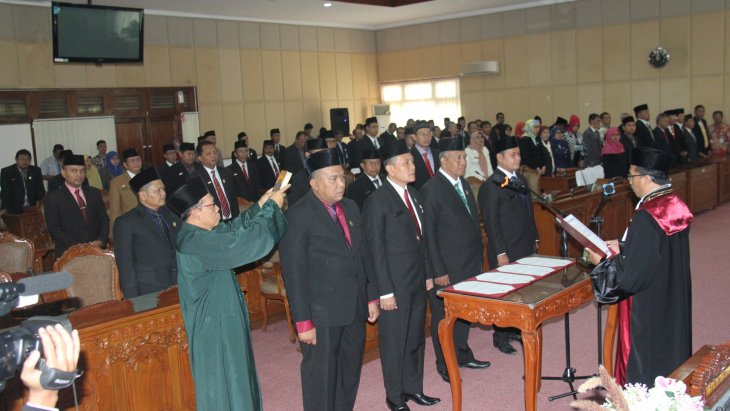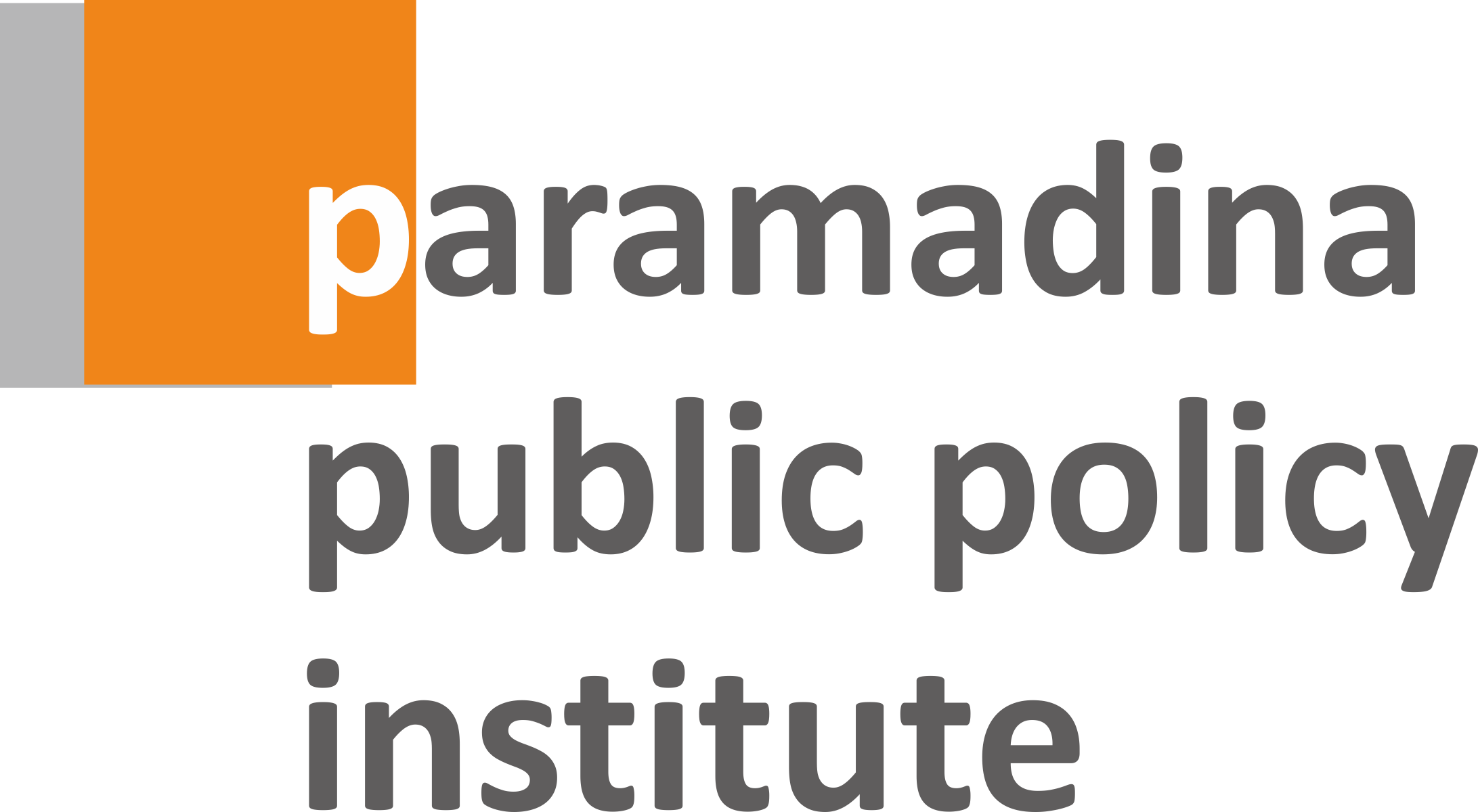
Abstract
This paper describes 11 year dynamics and trends of Indonesian democracy, specifically, aspects of Civil Liberty, Political Rights, and Democratic Institutions, through the results of Indonesia Democracy Index’s (IDI) annual assessment. IDI is an assessment of provincial democracy. Its calculation is based on events occurring throughout the year; it is an attempt to capture democracy from the ground up; a depiction of democracy as it is practiced in everyday life at the institutional as well as at behavioral level. The results indicate complex dynamics and trends where issues of civil liberty, political rights and democratic institutions intertwine to shape political reality on the ground. Discrepancies of performances between IDI’s indicators of democracy indicate a certain paradox in Indonesian democracy as it is practiced at the provincial level. On one hand, the space for civil liberty is open and the citizens are freely and enthusiastically express themselves; and on the other hand, democratic institutions are lacking in capacity and cannot respond adequately to the democratic demands arising from the opening up of civil liberty. More than a decade long abject performance of provincial parliaments across Indonesia in performing its legislative roles (i.e. initiating legislation and giving public policy recommendation to the executives) have no doubt contributed to dissatisfactions express in many public complaints and demonstrations throughout Indonesia. This lack of parliamentary capacity across Indonesia translates into the absence of representation.
Keywords
Indonesia Democracy Index, Democratic Assessment, Democratic Trends
Details
Gismar, A. M. (2021). IS INDONESIA LOSING THE SOUL OF ITS DEMOCRACY?. Journal of Social Political Sciences, 2(1), 54-69. Retrieved from http://e-journal.unas.ac.id/index.php/jsps/article/view/43
First published: 28 February 2021
Abdul Malik Gismar is a senior advisor at ParamadinaPublic Policy Institute and a lecturer at Paramadina Graduate School.
